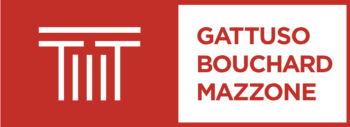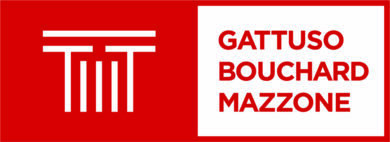Qu’est-ce qu’une interdiction d’opérations sur valeurs ?
par: Me Julie Scherbam
Une interdiction d’opérations sur valeurs (« IOV ») est une décision prise par une autorité provinciale ou territoriale de réglementation des valeurs mobilières à l’encontre d’une société ou d’une personne. Il existe deux catégories distinctes d’interdiction d’opérations, mais certaines interdictions peuvent relever des deux catégories.
Dans la première catégorie, une IOV peut interdire la négociation de titres d’un émetteur assujetti ou non assujetti, que l’IOV résulte d’un manquement aux obligations d’information continue, d’une mesure d’exécution ou autre. Dans le second cas, une IOV peut interdire les opérations à certaines personnes et/ou sociétés, que l’IOV résulte ou non d’un défaut d’information continue de la société, d’une mesure d’application de la loi ou autre.
Seules les autorités de régulation des marchés financiers ont l’autorité pour prononcer une IOV. Ces autorités supervisent la réglementation des valeurs mobilières dans leurs provinces ou territoires respectifs et exigent des sociétés cotées en bourse qu’elles divulguent des informations importantes au public dans les délais fixés par la réglementation. Par exemple, les sociétés cotées en bourse doivent déposer des copies de leurs états financiers trimestriels et annuels auprès des autorités provinciales et territoriales de réglementation des valeurs mobilières. Les sociétés doivent également divulguer les événements ou développements importants (tels que les fusions et acquisitions) susceptibles d’affecter la valeur de leurs actions. Au Québec, le Tribunal administratif des marchés financiers et l’Autorité des marchés financiers ont, en fonction de la situation, le pouvoir d’ordonner une IOV [1].
Lorsqu’une société ne remplit pas ses obligations d’information, les autorités de réglementation des valeurs mobilières peuvent prononcer une IOV (i) interdisant les opérations sur tous les titres de la société, et/ou (ii) interdisant à certaines personnes et/ou sociétés d’effectuer des opérations sur les titres de la société.
Une IOV peut être émise avec une date d’expiration spécifique ou pour une durée indéterminée. Lorsqu’une IOV est émise, elle reste en vigueur jusqu’à sa date d’expiration ou, s’il n’y a pas de date d’expiration, jusqu’à ce que la décision soit révoquée par l’autorité de régulation, si et quand la société ou la personne corrige les déficiences ou remplit certaines conditions qui ont entraîné l’émission de l’IOV.
Comment puis-je savoir quelles entreprises ont fait l’objet d’une IOV ?
Vous pouvez rechercher des sociétés cotées en bourse dans la base de données en ligne des IOV de SEDAR+, disponible sur le site Web de SEDAR (www.sedarplus.ca). S’il existe une IOV émise pour la société recherchée, vous verrez la date d’émission de celle-ci, la justification de l’organisme de réglementation des valeurs mobilières ayant émis l’interdiction, le type d’interdiction d’opérations, le statut d’interdiction d’opérations et la juridiction émettrice.
Quoi faire si je possède des actions d’une société qui fait l’objet d’une IOV ?
Les Autorités canadiennes en valeurs mobilières recommandent de contacter la société pour connaître quelles mesures sont ou seront prises pour remédier au manquement qui a donné lieu à l’IOV. S’il est impossible d’obtenir ces réponses, il est possible de contacter l’autorité réglementaire qui a émis l’IOV pour obtenir plus d’informations [2].
Il importe de noter que l’organisme de réglementation des valeurs mobilières ayant émis l’IOV possède l’autorité pour autoriser les actionnaires à vendre leurs actions dans certaines circonstances, lesquelles seront détaillées dans les documents justificatifs rendus disponibles sur SEDAR+.
Si aucune circonstance particulière ne s’applique à votre situation, les Autorités canadiennes en valeurs mobilières expliquent que vous n’avez que deux options :
- Conserver vos actions au cas où l’IOV serait révoquée, après quoi vous serez libre de les vendre; ou
- Envisager de déduire une perte en capital de vos impôts sur le revenu [3].
[1] Voir l’article 265 de la Loi sur les valeurs mobilières, c. V-1.1.
[2] https://www.autorites-valeurs-mobilieres.ca/application-de-la-loi/interdictions-doperations/
[3] Id.


